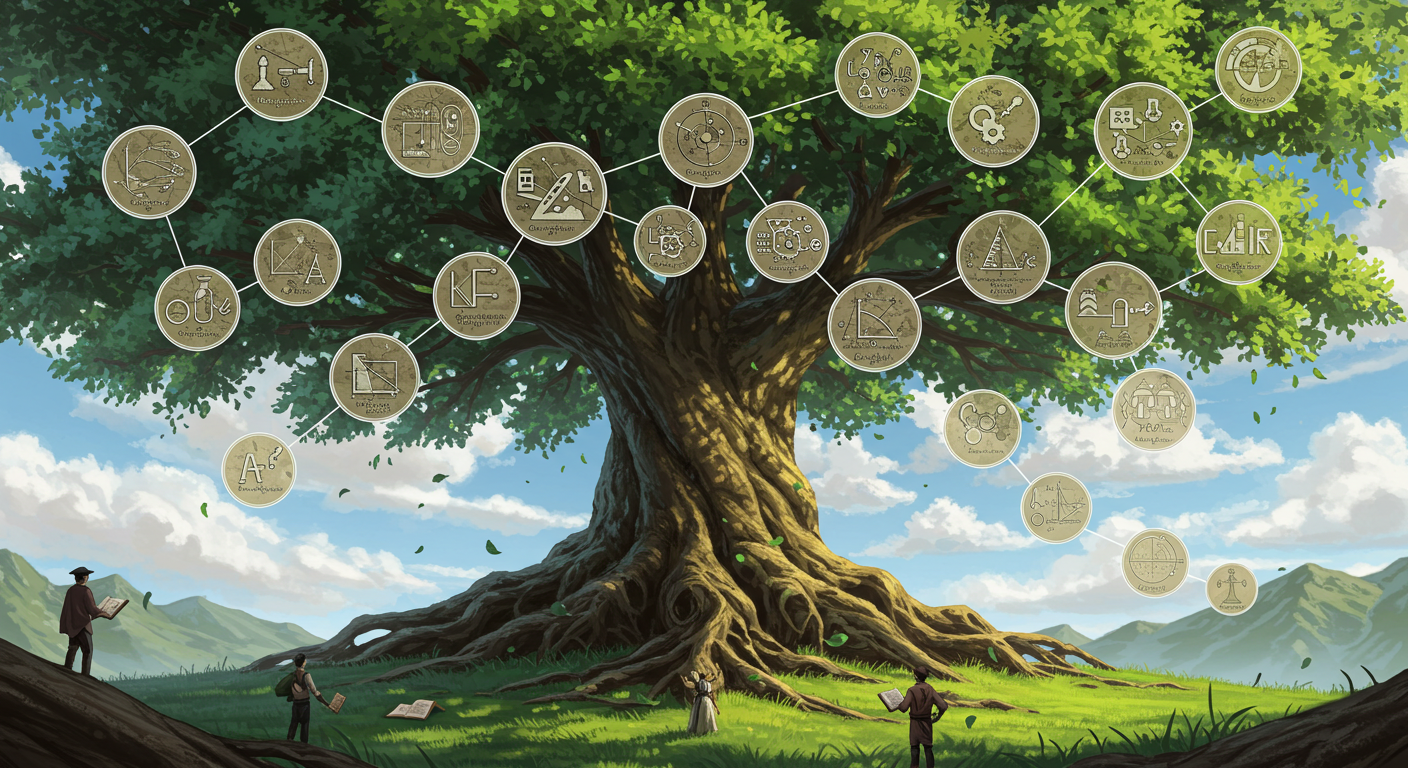In English, the use of ‘would’ can be tricky, especially when it doesn’t seem to fit the typical meaning of the word. In this case, the sentence ‘You will be able to live a happier life than you would in the countryside’ uses ‘would’ in a way that confuses many learners. While ‘would’ is often associated with hypothetical situations, it serves a different purpose here. Let’s break it down and understand why ‘would’ is used in this context.
Understanding the Usage of ‘Would’ in Comparisons
In the sentence ‘You will be able to live a happier life than you would in the countryside,’ ‘would’ doesn’t refer to a hypothetical situation, as it often does in conditional statements. Instead, it is used to express a comparison between two situations. The phrase ‘than you would in the countryside’ compares the life in the countryside with the life being described in the sentence, and ‘would’ is used to show what is expected or typical in the countryside.
The Role of ‘Would’ in the Sentence
In this sentence, ‘would’ is used because it reflects what is imagined or anticipated in a particular situation (living in the countryside). This form is not about a hypothetical condition, but rather a comparison with a situation that is somewhat idealized or expected. It’s similar to how we might say ‘You would find it easier to do this task at home’—we’re talking about a general expectation rather than something that must happen.
Why ‘Would’ Is Not Hypothetical in This Case
Many learners associate ‘would’ with the idea of a hypothetical situation, but in this case, it’s important to understand that ‘would’ is indicating the expected or typical situation in the countryside. The speaker is comparing the happiness of life in a certain location (likely an urban or different setting) to the life they anticipate in the countryside. It’s not a conditional or hypothetical event, but an expected contrast.
Summary: The Use of ‘Would’ in Comparisons
So, while ‘would’ can often signal a hypothetical condition, in this case, it is used to express a comparison between two expected situations. It helps to clarify that life in the countryside is considered less happy in comparison to life in the current or future setting. This subtle difference is a great example of how ‘would’ can serve different purposes in English, beyond just hypothetical statements.



コメント